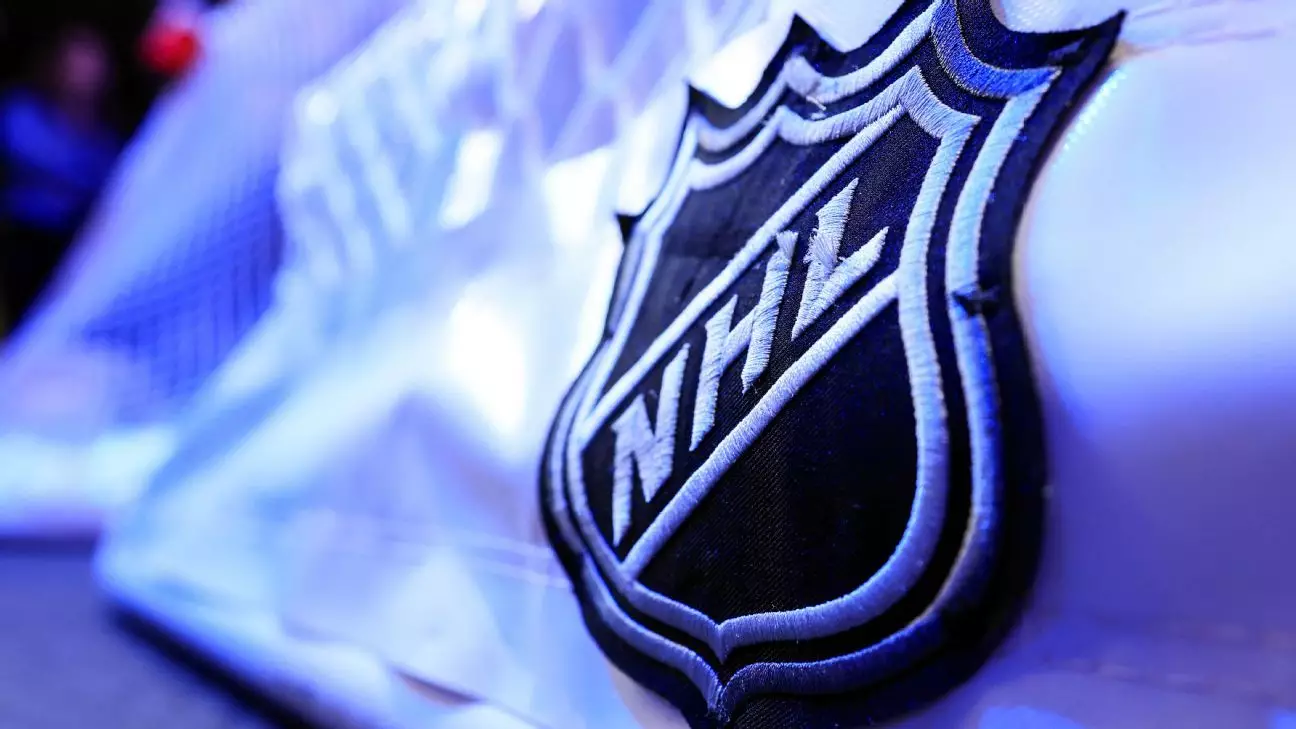In an extraordinary display of diplomacy, President Donald Trump recently backed President Vladimir Putin’s proposal to arrange hockey matches between American and Russian NHL players. It may seem peculiar at first glance, given the geopolitical tensions and the deeply rooted historical rivalries between the two nations. Still, this intriguing collaboration raises many questions about the potential to use sports as a medium to mend relations and foster goodwill. The Kremlin outlined that the presidents discussed organizing games involving players from both the NHL and Russia’s KHL, highlighting hockey’s unique standing as an international sport capable of bridging divides.
As one grapples with the nuances of this situation, it becomes evident that such initiatives often transcend mere entertainment. They tap into a shared passion for sports that can lead to cultural exchanges, camaraderie, and perhaps even a thaw in icy diplomatic relations. However, it remains dubious whether a few games can significantly alter the complex international landscape. The NHL’s response to the proposal, which indicated they were not involved in these discussions, brings to light the critical aspects of this budding initiative—professional sports leagues often walk a fine line when geopolitics reshuffles the deck.
The Historical Context: A Complex Relationship
The relationship between the NHL and Russian hockey has been fraught with complications, particularly following the 2022 invasion of Ukraine by Russia. This invasion altered the dynamics dramatically, leading to the suspension of NHL teams’ dealings with the KHL, and terminating contracts with Russian broadcasters. The evolving political climate has cast a long shadow over future collaboration between these leagues. This is compounded by the International Ice Hockey Federation’s (IIHF) ban on Russian and Belarusian teams from international tournaments, a decision rooted in security concerns that highlights the severity of the current geopolitical climate.
Reflecting on these back-and-forths, it becomes evident that while hockey possesses the power to unite, the ramifications of political actions can overshadow the sport itself. The IIHF’s decision to extend the ban through the 2025-26 season indicates that hockey’s arena is not just about games but is deeply interlocked with global politics. The upcoming Winter Olympics in Milan further complicate the narrative, with the International Olympic Committee holding the reins on Russian participation. It opens the conversation about how sports can either be a unifying force or a battleground for political viewpoints.
Public Reception: A Divided Arena
The public reaction to Trump’s endorsement of Putin’s hockey matches is predictably mixed. While some see the potential for warmer ties through friendly competitions, others view it as inappropriate given the overarching backdrop of war and unrest. Critics might argue that the very act of engaging with a nation accused of severe human rights violations and military aggression sends the wrong message. Detractors might assert that sports diplomacy can trivialize grave international conflicts and distract from the pressing need for solidarity and action against injustices.
Looking at hockey’s place in American culture, it is critical to consider how these games could be perceived. Would American players feel comfortable representing their country against a team from a nation that’s been marginalized in the international arena? The tapestry of nationalism entwined with hockey complicates matters further, especially concerning sportsmanship tied to national pride.
Lessons from Past Experiences
History shows us that sports can be surprisingly instrumental in diplomacy. The famed “Ping Pong Diplomacy” between the United States and China in the 1970s remains a poignant example, suggesting that when nations are at odds, a shared love for sports can act as a catalyst for dialogue. However, one should also remember that such instances sometimes carry significant risks too, as they can surface various local sentiments associated with nationalism, identity, and historical grievances.
As we look to the future, the prospect of hockey games between the U.S. and Russia under the auspices of their respective presidents serves as an intriguing case study. While sports have the remarkable power to foster friendships and collaboration, they cannot operate in a vacuum free from the political realities that define our world. The challenge lies in finding a balance—utilizing hockey as a pathway for rapprochement while remaining vigilant about the broader implications of such engagements. This delicate dance between sports and politics continues to unfold, raising questions about the potential for bridges to be built or torn down with every puck drop.


Leave a Reply